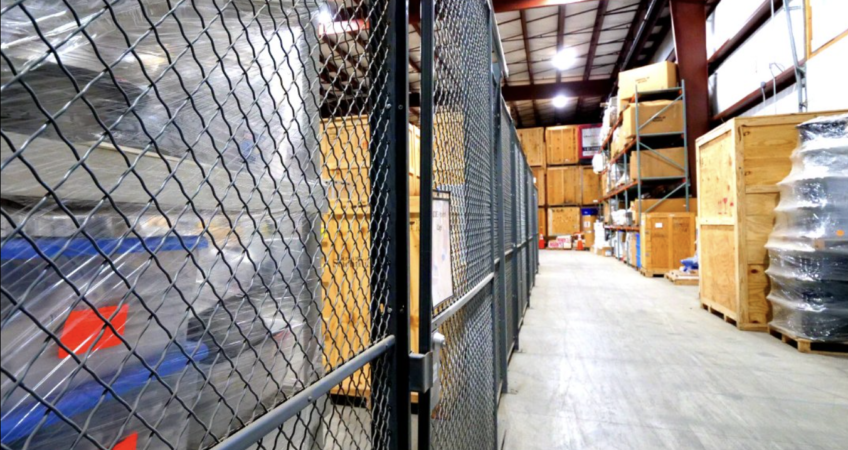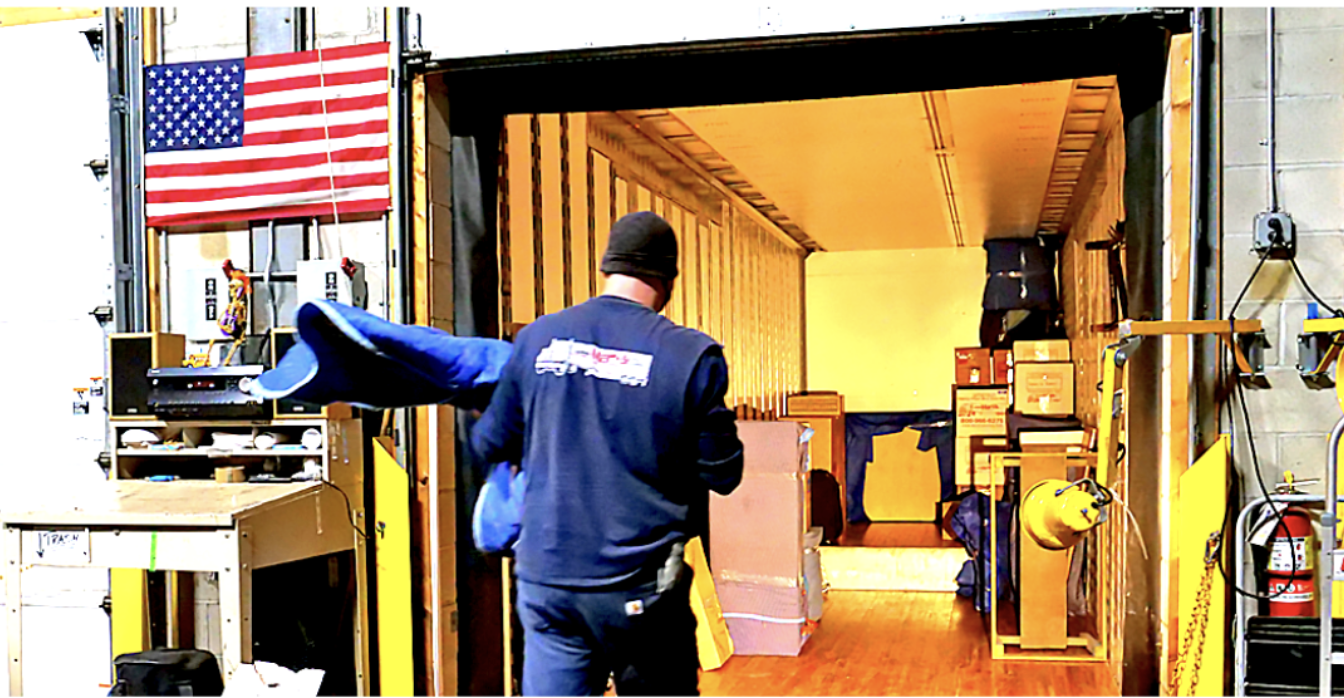
A fulfillment center handles the delivery, storage, and shipment of inventory for small and medium-sized businesses. Time is an essential factor when it comes to running a business; therefore, business owners should turn to a third-party logistics company to help with storage and fulfillment.
The terms fulfillment center and warehouse are used interchangeably, but they have different meanings when it comes to supply chain management. The main reason most people confuse the two is that they both incorporate a large building that holds a wide range of inventory for both brick-and-mortar stores and online stores. Based on research, a warehouse and a fulfillment center have different purposes and functions. For instance, a fulfillment center manages the seller’s inventory and other crucial logistics processes, such as fulfillment distribution, packaging, product mixing, and cross-docking. On the other hand, the main objective of a warehouse is to store inventory until they’re needed.
What Does a Fulfillment Center Do?
The main aim of a business is to maximize profit and reduce the cost of operation. A fulfillment center significantly reduces overhead costs by combining order fulfillment procedures and inventory warehousing. Outsourcing these tasks to multiple firms is extremely expensive. Therefore, consider hiring a warehouse fulfillment center that suits your needs. Ideally, a reputable fulfillment center will handle business-to-consumer (B2C) and business-to-business (B2B) orders. Outsourcing your firm’s supply chain management processes to a third-party logistic provider will boost time management and customer service.
Benefits of a Fulfillment Center
- Experience
- Allows Business Owners to Focus on the Big Picture
- Lower Shipping Costs
- Reduce Operation Costs
- Value Added Services
- Improve Your Scalability
One of the top reasons for investing in fulfillment firms is the experience they bring to the table. Record management, specialized equipment, and experienced employees in a fulfillment center play a great role in making the logistic process seamless. For instance, order packaging, shipping processes, product labeling, and order picking are done accurately and promptly without compromising the quality of the service. In addition, a reliable fulfillment firm will strive to meet your customer’s requests and preferences.
Supply chain management processes, such as packing boxes, shipping products, and taking orders, are overwhelming. A business requires undivided attention to flourish. You should outsource procurement services to a reliable provider. Therefore, you’ll have sufficient time to focus on the key business operations, such as strategic planning, product development, customer service, and marketing programs.
A third-party logistics company will help your firm reduce costs, especially when it comes to shipping inventory. A reliable fulfillment center should have an array of warehouse space. A provider will help evaluate the demand for your products before distributing them across a warehouse network. This approach ensures that your products are closer to your target customers.
Investing your money in a fulfillment center might seem expensive, but it’s worth it in the long term. Outsourcing fulfillment is an expense, and so is self-fulfilling. Based on research, outsourcing fulfillment is a cost-friendly approach because you only pay for what you use.
The main aim of hiring a fulfillment center is to pick, pack, label, and ship products. Most providers will offer other value-added services, such as reverse logistics, kitting, and assembly. You can use these services depending on the needs of your potential customers. Various projects fall under value-added services: lite testing of products, custom packaging, return management, and marketing inserts.
Small business owners may be able to manage fulfillment procedures for a while. But, when the business starts to grow, it’s hard to satisfy clients’ needs because the fulfillment process becomes daunting and time-consuming. Most customers prefer prompt services. Therefore, you should consider hiring professional fulfillment services.

Differences Between a Warehouse and a Fulfillment Center
1. Frequency of Pickups
One of the main objectives of a fulfillment center is to fulfill direct-to-consumer orders. Prompt services improve customer experience; therefore, a reliable third-party logistics provider will offer either next-day or same-day shipping options. Unlike a fulfillment firm, a warehouse experiences less frequent pickups.
2. Operations
A fulfillment center involves numerous functions, such as warehouse management, processing, transportation management, shipment labeling, item assembling, return management, and inventory warehousing. These processes are time-consuming and daunting. Operations in a fulfillment center are quite intricate, especially when compared to functions in a warehouse.
3. Long-term Vs. Short-term Storage
Fulfillment centers have a faster product flow rate. Therefore, products don’t take too much time in the store. On the other hand, a warehouse stores inventory for a long duration of time.
4. Security
Most good warehouse storage facilities should have 24/7 security to ensure inventory and stored items are safe. On the other side, self-storage facilities have padlocks and gates to deter people from breaking into facilities, but unfortunately, it can still happen.
Warehouse and Fulfillment Services in Boston, MA
If you are searching for reliable warehouse space and fulfillment services in the Greater Boston area, Mark’s Moving and Storage is the go-to option. Request an estimate here or give us a call to discuss your specific needs. We look forward to speaking with you.
